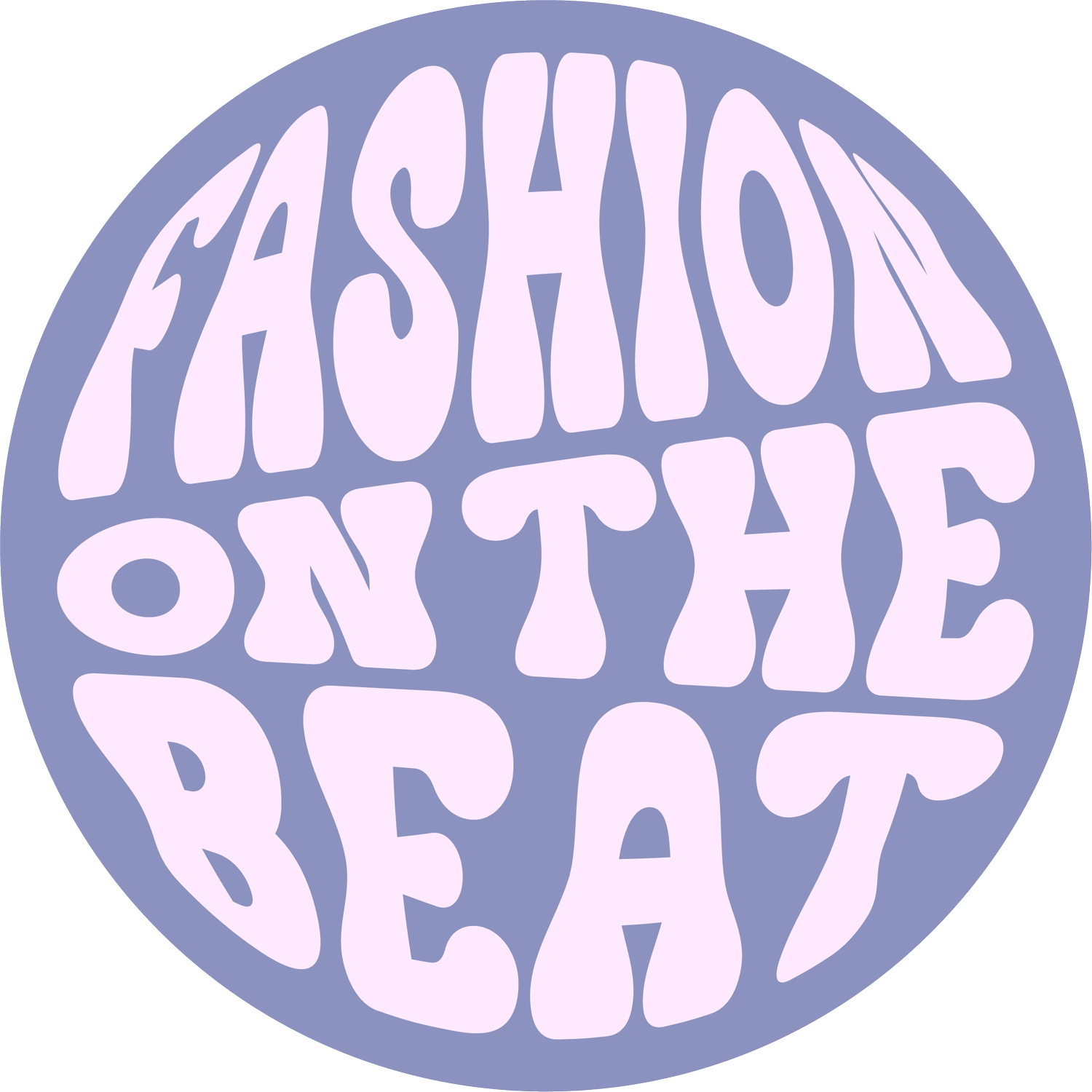Sustainability and Real Bodies at Festa Foresta
Who said that great ideas are all born in great ecosystems? Sometimes, isn't it enough to just include something personal?
Laura Zura-Puntaroni gave us insight into what it means to build a brand on personal experience.
Festa Foresta was founded on the principles of simplicity, morality, and a desire to feel good. Together with the creative mind behind the brand’s name, we explored the hidden issues of the swimwear commercial system.
The brand was created in a small Italian city, but will initially operate out of Milan. Do you believe that this change is bringing Italian traditions into fashion collections? It gives me the notion to slightly buck the trend. Typically, Milan is a city of big inspiration, a driving force behind fresh concepts and creative expression.
When I started my brand, it was crucial to emphasize that I am a small-town girl, which is the most authentic part of who I am. I'm from a small town located in the Marche region, central Italy, which has a very different atmosphere than Milan. In Milan, this component of small-town is lost. I make it a point to carry my roots with me, and this can be seen in everything I do, from my interactions with others to the size of my brand, a small reality. I feel really linked to the workshops I deal with because they are tiny, which also promotes a solid working relationship built on trust. I learned that your background has a big impact on how you operate; when you are exposed to fewer stimuli, you can be freer. So, to be connected to different fluxes of creativity is not necessarily a pro.
The story of my brand started two years ago, the creative part was in my hands, and in my hometown, I had logistics and a warehouse. Today, Festa Foresta is basically structured by me, full-time involved; some girls assist me, but I am still not a structured company. My studio is in Milan, the warehouse in Marche. I would like to keep this flexible location, to be able to work from wherever I want.
To keep up with the latest trends and technological advancements in textiles, the majority of the time is spent conducting material research, which is primarily done online and at fairs.
Speaking of the newest fashions in textiles, many brands are becoming accustomed to educate customers on ethical choices. How do you create a distinction in the sustainable industry when everyone claims to be an ethical brand these days?
This is a communication issue. Despite the fact that many firms are incredibly marketing-savvy, there is no truth to back up their claims. While I employ ethical working practices and operate in a sustainable manner, I do not want to over-promote this aspect. This is due to the fact that, in my case, adopting a sustainable style didn't require a strategy or marketing. These are choices that naturally occurred. In this context, I believe responsibility should be utilized instead of sustainability. How can you, as a consumer, be sure that the products you buy adhere to particular standards? The producer, who must focus on perfect quality, bears responsibility. I am proud to say that everything I need is on Italian territory, I do not produce out of the country. I also eliminated virgin plastic from the process. The trickiest aspect was, ironically, swapping out the plastic from the slip. Personally, I must always act in the best and most responsible manner possible. Let’s make an example: many brands usually allow free shipping returns. On my website, if you want to return swimwear, you have to pay shipping charges. Once an option is no longer free, the consumer is more price sensitive. And they can make a more informed choice. For my part, I provide them with all the knowledge they require to get about. It also enables me to keep a closer eye on my customers. I would like to put an end to this part of the courier traveling back and forth and the outfits being worn multiple times before being returned.
Undoubtedly, there will always be some who make an effort to propagate positive messages but subsequently disobey their own advice. One of the assets of your brand is body positivity, in addition to ethics and sustainability. How does Festa Foresta act? Which collection-building procedures demand the most consideration in this regard?
One of the things I've noticed over the years is that there is not a real representation of the human body yet. I still feel a certain distance from the models of other fashion brands. She often is posed, transmitting confidence in her being totally photoshopped. They do not represent the real world. I aim to depict bodies of all sizes, without differentiation, but without any editing. The models I work with present personal and physical traits like scars, wounds, cellulite, or other aging-related indications. They help one realize and hence value oneself more. Swimwear pieces are complicated outfits that must leave the client feeling at ease, relaxed, and calm. Everyone should be able to choose the model they want to wear without having to consider which one will look best on them. Since there is no such thing as a perfect body, it is proper to recognize oneself in natural shots, with flaws or without. Making a wide range of sizes is crucial, even more for a small reality like Festa Foresta. I do my best to focus on communication. I portray human bodies with their personal features and allow others to quickly recognize themselves. Even if it is impossible to display every body type, my aim is to shorten the distance between the model and the client.





